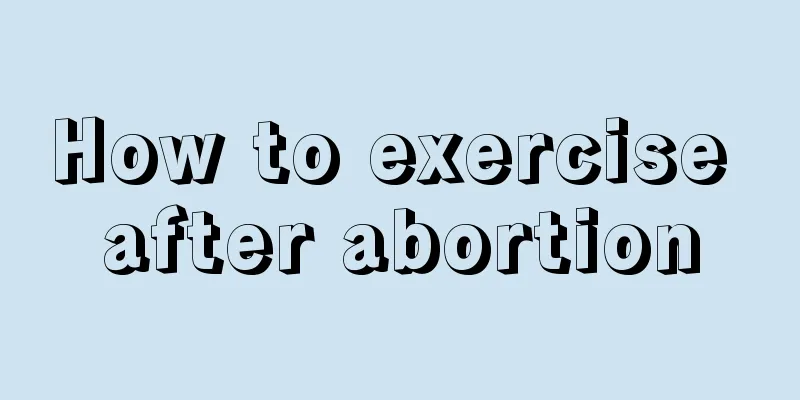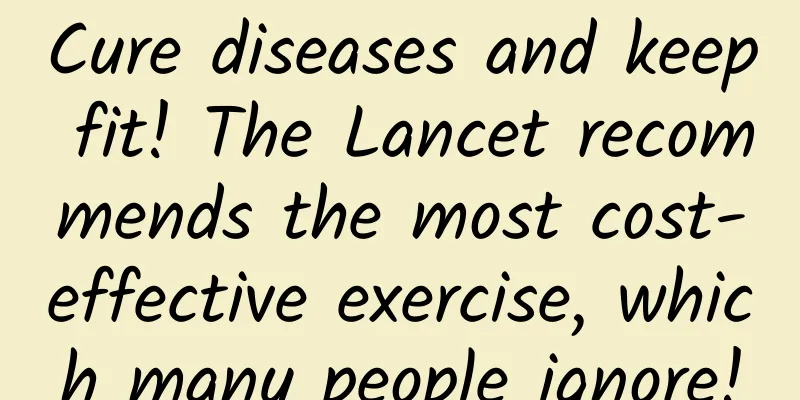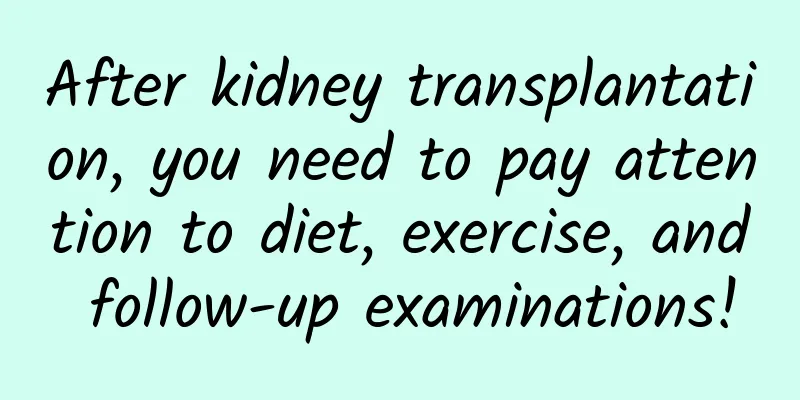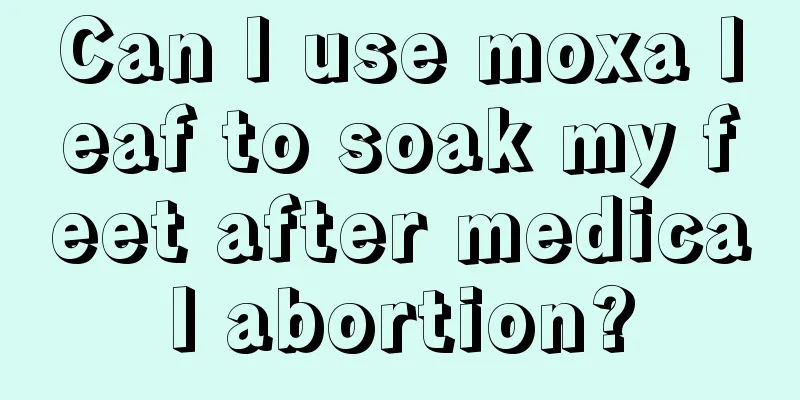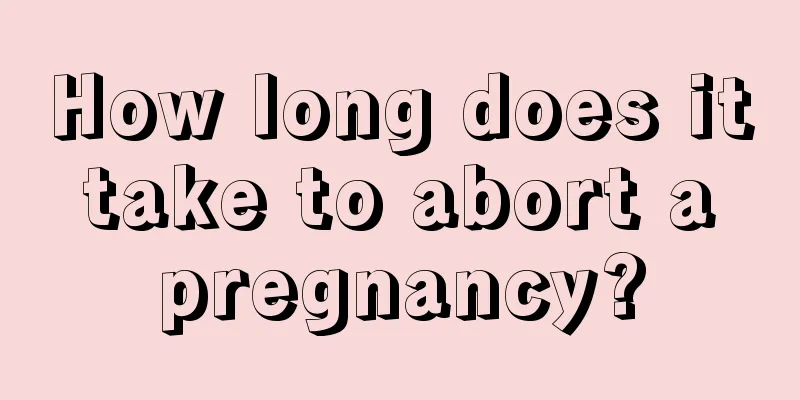How to take care of yourself after hysterectomy?
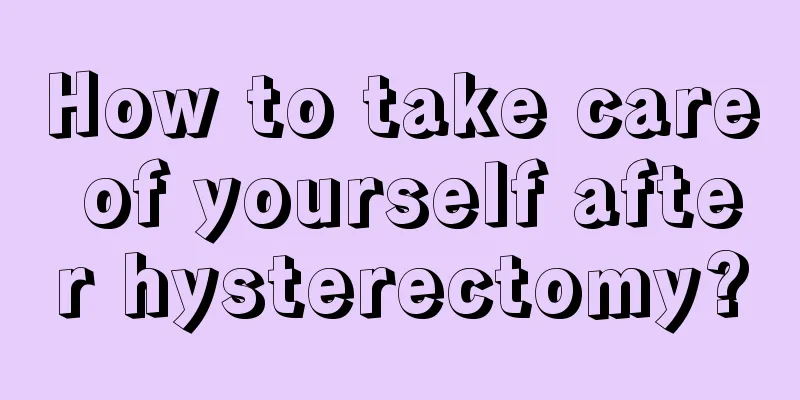
|
In recent years, uterine fibroids have almost become one of the important factors affecting women's health, especially women of childbearing age are very prone to uterine fibroids. Experts tell us that uterine fibroids can be multiple or single, and are generally related to our emotional stress, living habits, and eating habits. In addition to cooperating with treatment after suffering from uterine fibroids, maintenance is also very important. So what should patients pay attention to in their diet after hysterectomy? Because vegetables and fruits are rich in vitamins and minerals, they can help patients heal their wounds and increase their body's resistance. At the same time, pay attention to drinking more water and avoid eating foods that easily cause bloating, such as onions, cabbage, sweet olives, soy products, etc. Drink plenty of water. Drink 2000-3000cc of water every day to prevent constipation. Do not eat foods that easily cause bloating: such as onions, cabbage, olives, soy products, etc. Eat at regular times and in regular amounts, and do not overeat. Adhere to a low-fat diet and eat more lean meat, eggs, green vegetables, fruits, etc. Eat more whole grains such as corn, beans, etc. Eat nutritious dried fruits often, such as peanuts, sesame seeds, melon seeds, etc. The most important thing in diet after hysterectomy is to avoid spicy food, alcohol, frozen food, etc. The diet should be light, and avoid eating irritating foods such as mutton, shrimp, crab, eel, salted fish, and black fish. Avoid spicy foods and drinks such as chili peppers, peppercorns, raw onions, raw garlic, and white wine. Avoid eating foods that are hot, coagulant, or contain hormones, such as longan, red dates, donkey-hide gelatin, and royal jelly. If you have anemia, eat more foods high in iron, such as pork liver, black sesame, grapes, seaweed, wolfberry, shiitake mushrooms, etc. Avoid greasy foods. Eating too much greasy food will lead to fat accumulation, making wounds difficult to heal and weakening resistance to bacteria. Since patients are usually weak after surgery, they should increase their protein intake in their diet. They can eat more eggs, fish and other protein-rich foods. These foods can help patients recover from wounds and increase their physical strength. Another thing to note is that many people think that all the nutrients are in the soup, so they choose not to eat meat and only drink the soup. This is actually a wrong understanding. |
<<: How to maintain a hysterectomy?
>>: How to take care of yourself after hysterectomy?
Recommend
International Sleep Day丨If your baby snores, does that mean he is sleeping soundly?
《Cotton Swab Medical Science Popularization》 Liu ...
What is the cause of acne at the vaginal opening?
Female friends must pay attention to relevant car...
How many minutes does it take to perform surgery on cervical erosion?
In today's society, most women have had sex b...
Why are there no live hairtails? Why are hairtails flat?
Hairtail is a fish of the family Ocellidae in the...
When should I start using anti-stretch mark oil?
As your belly gets bigger day by day after pregna...
Preventive and therapeutic measures for women's menopausal diseases
Menopause is a period that every woman fears very...
Can I smoke after an abortion?
Nowadays, many female friends in society have sta...
What is the Four Hearts Communication Method? What issues should be paid attention to in order to achieve effective information communication?
Human beings are social animals. In daily work an...
Helicobacter pylori, which infects more than 768 million people nationwide, can be killed with a tube of toothpaste?
We use toothpaste every day to clean teeth, preve...
What causes bleeding during ovulation?
More and more women experience bleeding during ov...
What is cervical human papillomavirus infection?
The infection rate of human papillomavirus is ver...
Folliculitis of genitals
The health of the genitals is very important for ...
What kind of fish is used for frying small fish? Which small fish is the best to fry?
We all know that there are many ways to eat fish,...
What is the fastest way to deal with diarrhea during breastfeeding?
Women also need to pay attention to their own hea...
